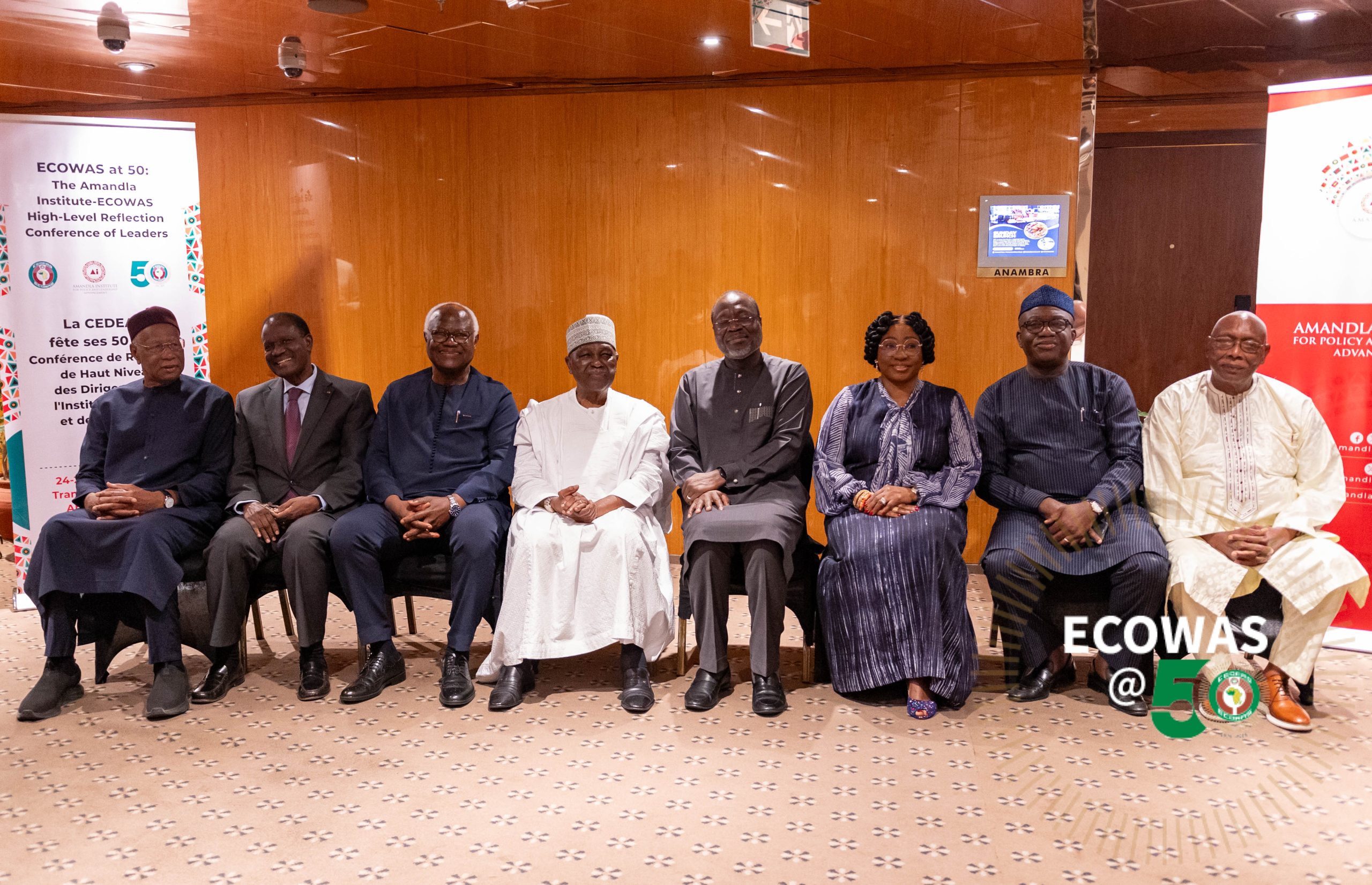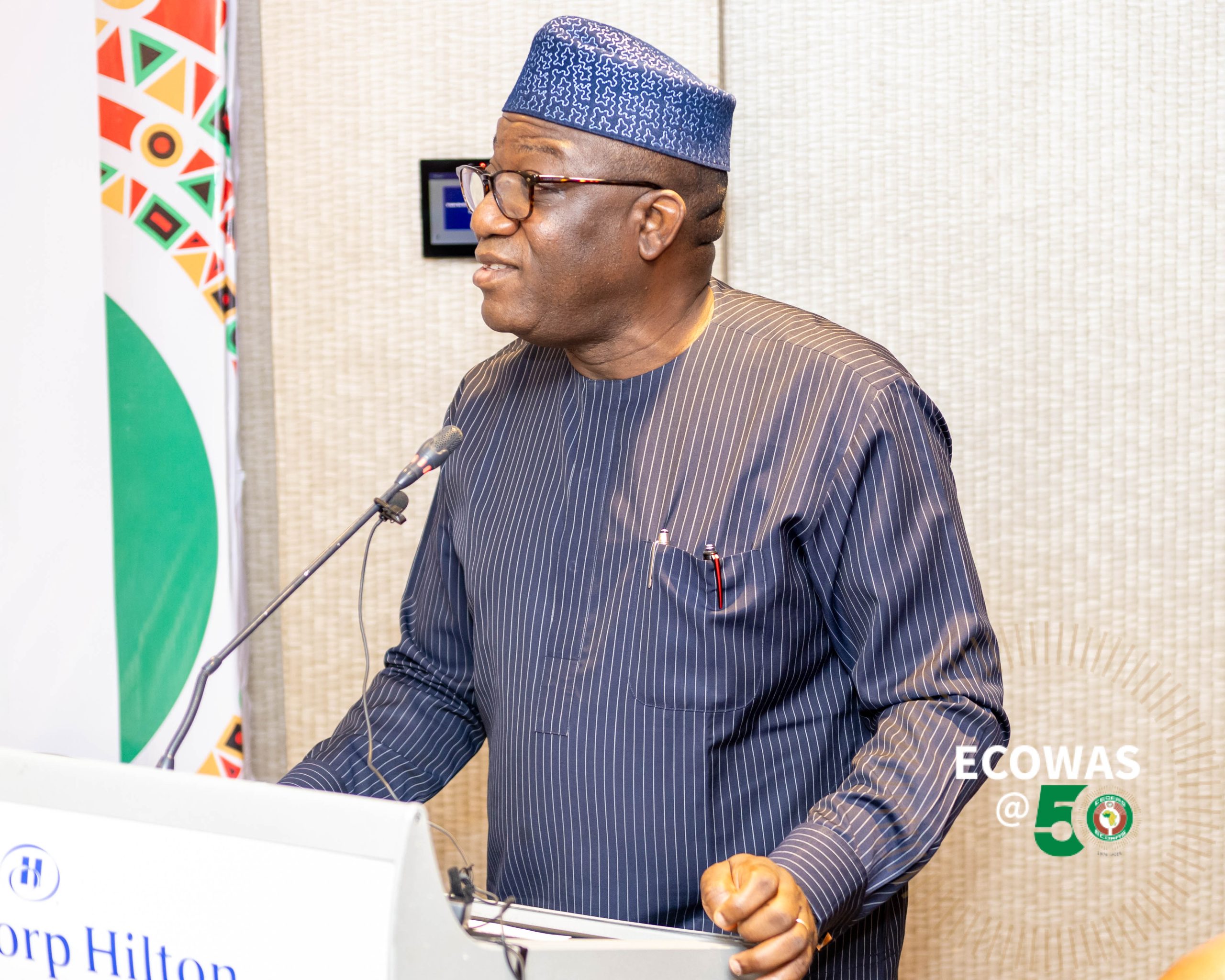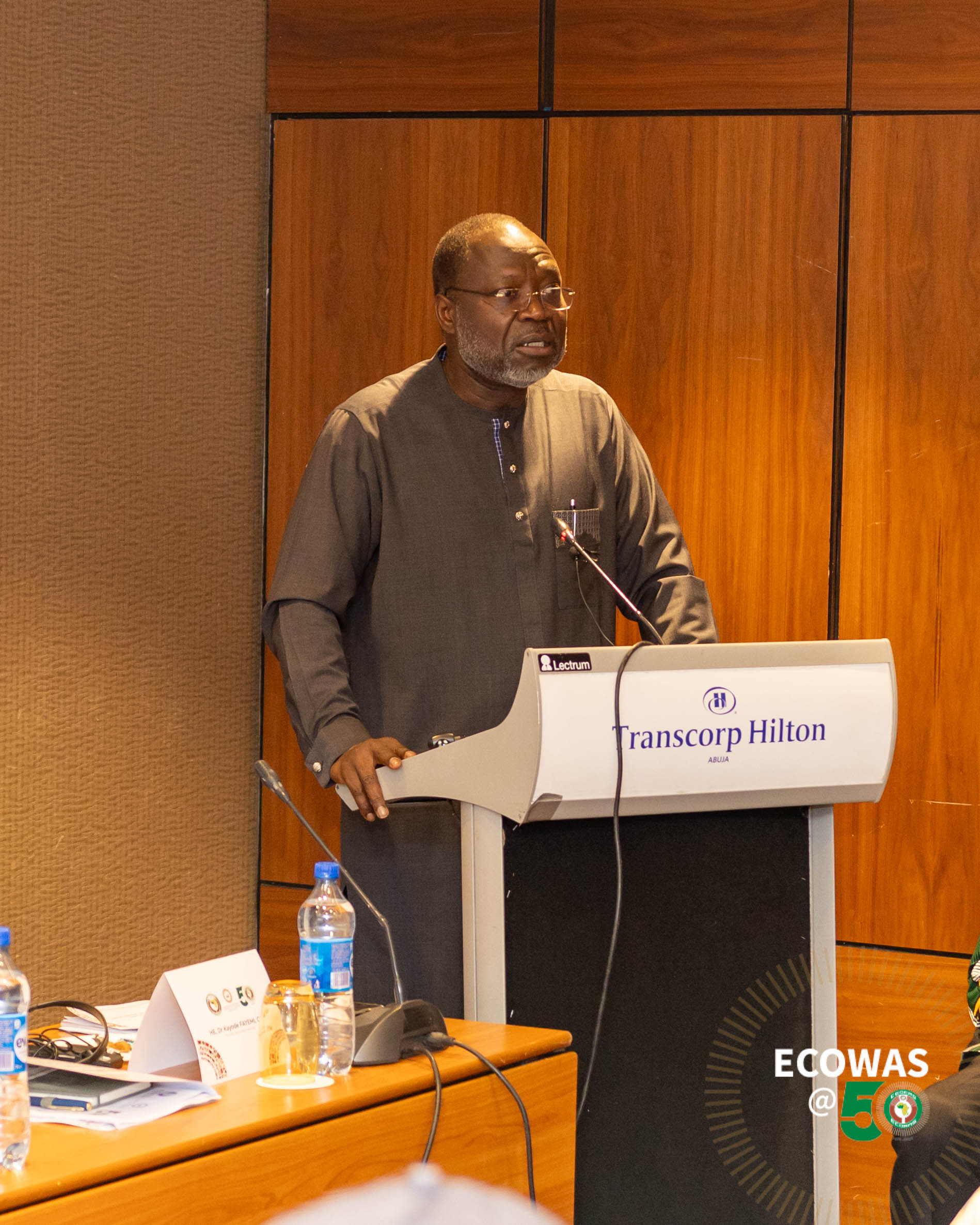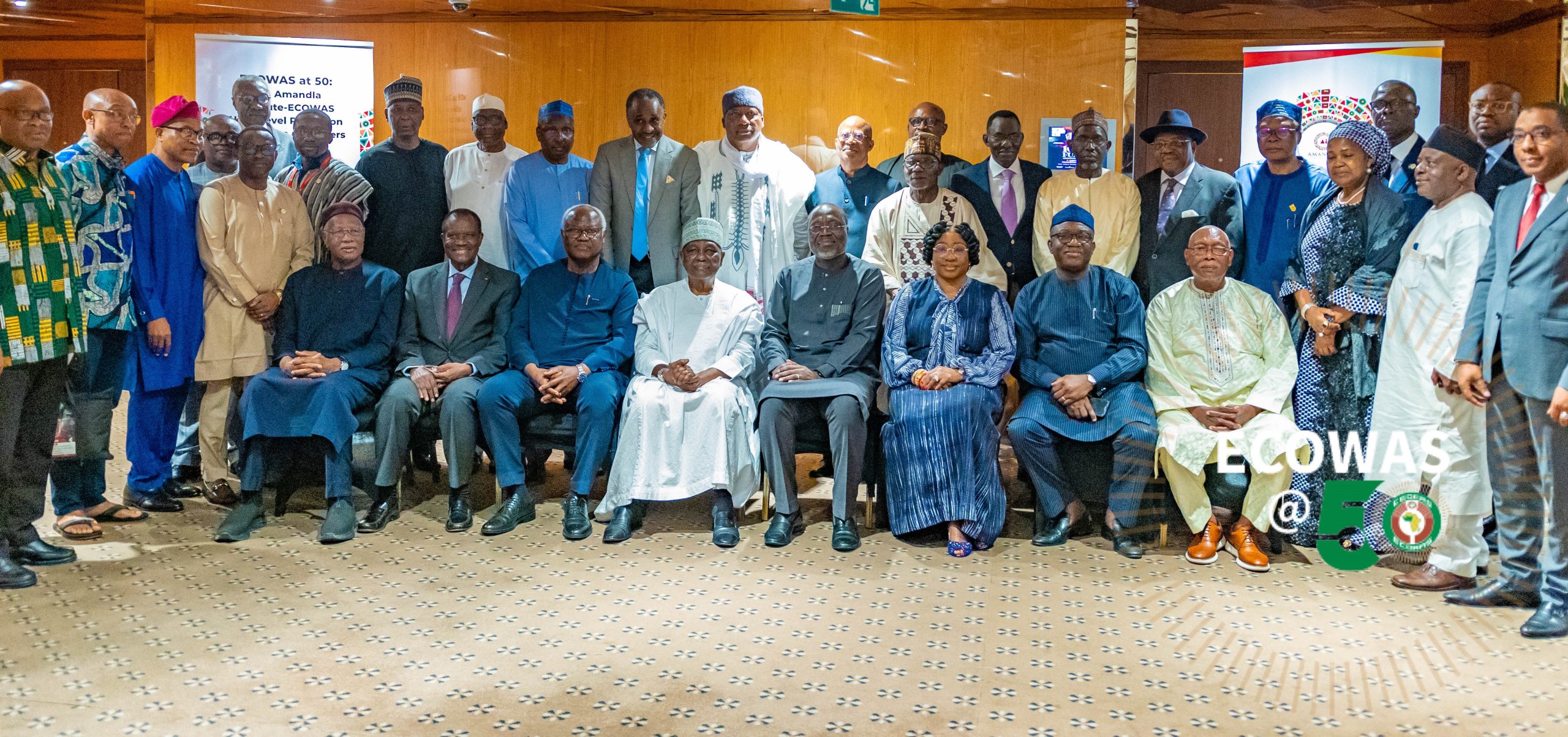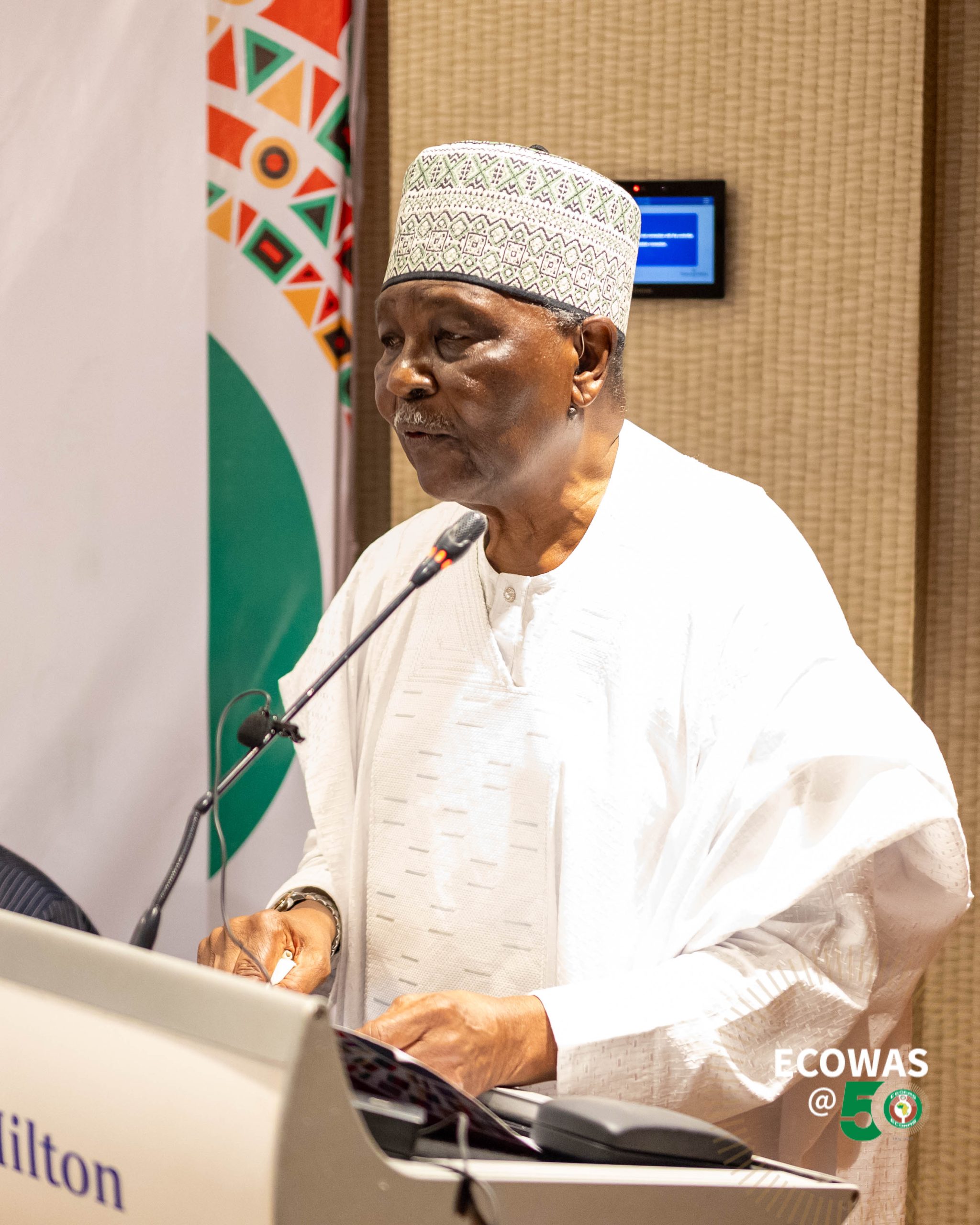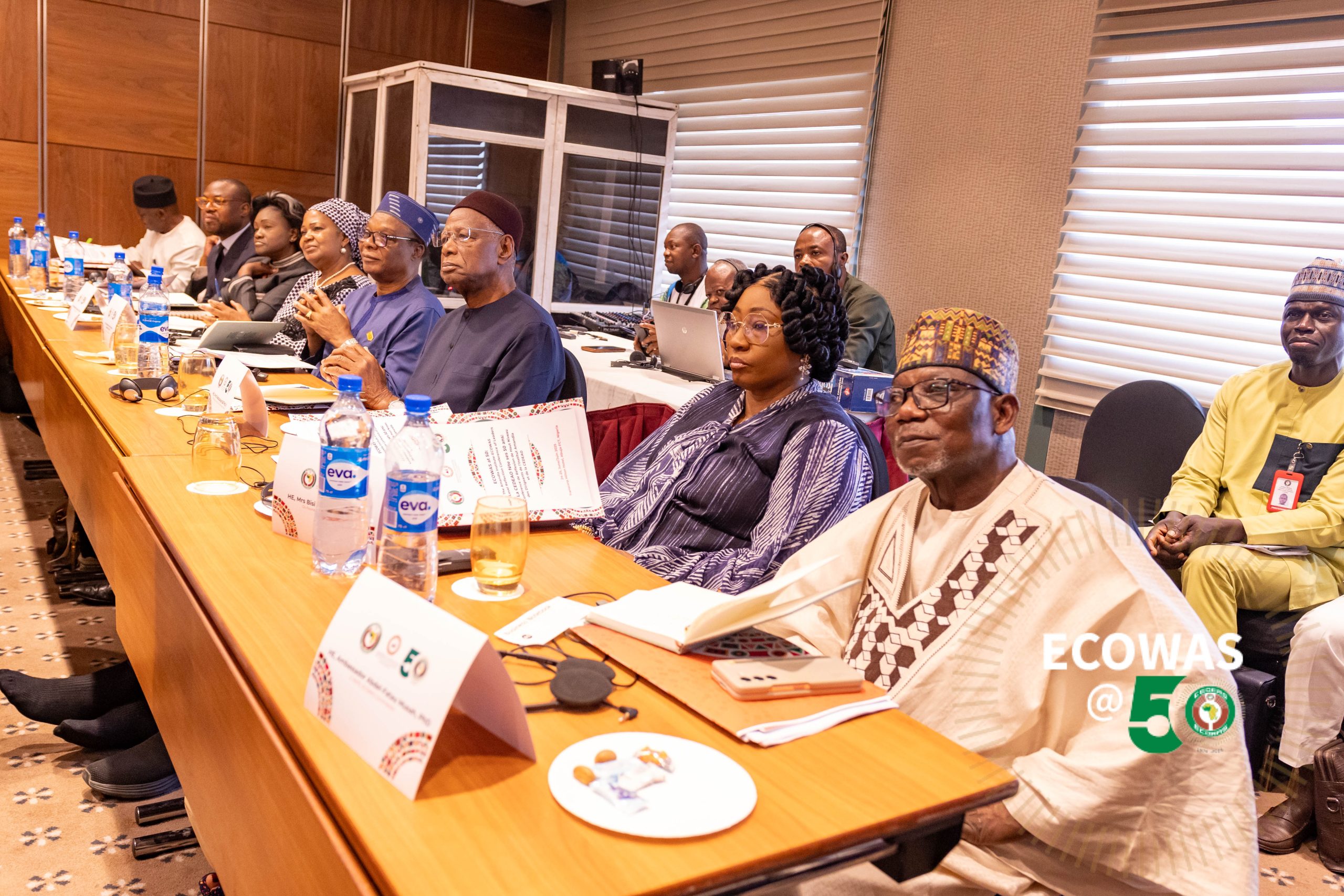Various personalities from the Amandla Institute and ECOWAS reflect on 50 years of existence of the regional organisation
25 Jun, 2025Reflection on the fiftieth anniversary of the Economic Community of West African States (ECOWAS) is the focus of a conference opening on Tuesday 24th of June 2025 in Abuja, Nigeria. Initiated by the Amandla Institute and the ECOWAS Commission, this two-day meeting is a valuable opportunity for participants to discuss the achievements, challenges and prospects of the West African organisation.
It is also an opportunity to take stock of the progress made by ECOWAS, to reflect on strengthening cooperation between its member states and to explore new strategies for promoting economic development, regional integration and stability in West Africa. It is also a key moment to measure the impact of ECOWAS on the lives of West African citizens and to consider the next steps to be taken by the regional organisation.
The various speakers at the opening ceremony highlighted the major steps taken by ECOWAS to become one of the leading institutions for cooperation and integration in Africa. For the former Governor of Ekiti State, Nigeria, and co-founder of the Amandla Institute, Dr J. Kayode Fayemi, despite internal and external challenges, including funding problems, ECOWAS has achieved admirable growth and consolidation over the 50 years of its existence. “Indeed, ECOWAS has long been the engine of African regional integration, representing a model from which others continue to draw inspiration,’ said Dr J. Kayode Fayemi.
For his part, the President of the ECOWAS Commission, H.E Dr Omar Alieu Touray, called for an in-depth reflection on the five decades of the regional organisation, the trials and successes of its journey towards integration, and the way forward in a rapidly changing world. He recalled some of the challenges facing ECOWAS today, namely the withdrawal of three of its member states, the intensification of insecurity in the Sahel and the emergence of geopolitical rivalries in West Africa.
He informed participants of the organisation of a summit on the future of West Africa, which will provide an opportunity for a series of reflections on various themes, in order to discuss issues likely to hinder or accelerate the efforts of all parties towards the realisation of ECOWAS Vision 2050. For H.E Dr Omar Alieu Touray, this conference fits in perfectly with the summit agenda, and is a reminder that at the heart of the regional integration programme, the people of West Africa, in all their diversity, can shape a common destiny anchored in peace, prosperity and mutual respect.
“Let this conference serve as a compass, not only to remember, but also to renew. May our dialogue be bold, thoughtful and, above all, useful. May this meeting inspire us to renew our commitment to the enduring ideals of ECOWAS and the hope of a more united and resilient West Africa”, said H.E Dr Omar Alieu Touray.
Among the participants at this meeting was the former Nigerian President and one of the founding fathers of ECOWAS, General Yakubu Gowon. He gave an overview of the conditions and circumstances that led to the signing, on the 28th of May 1975, of the Treaty of Lagos establishing ECOWAS. He also recalled the key role played by eminent West African personalities in the creation of the regional organisation, starting with its co-founder, the Togolese president at the time, the late General Gnassingbé Eyadéma.
“The ambition of ECOWAS is to strengthen cooperation between its member states, promote regional integration and stimulate economic growth,” said General Yakubu Gowon.
The meeting has in attendance former Executive Secretaries and Presidents of the ECOWAS Commission, including Dr Lansana Kouyaté and Kadré Désiré Ouédraogo.
Other personalities taking part in the conference include Professor Abdoulaye Bathily of Senegal, the former President of Sierra Leone, Dr Ernest Bai Koroma, the Commissioner for Political Affairs, Peace and Security of the ECOWAS Commission, Ambassador Abdel-Fatau Musah, and the Director of Cabinet of the President of the Commission, Abdou Kolley.




